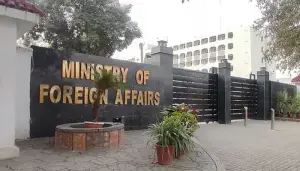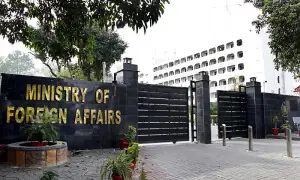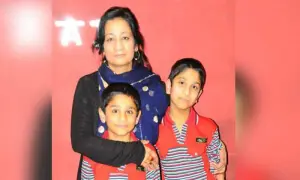Palestinian food preserved by influencer chefs
For Canadian celebrity chef Suzanne Husseini, a first culinary tour of the Palestinian territories was a chance to preserve and promote the dishes and folk-remedies of her ancestry.
During a farm-to-table tour of the occupied West Bank, Jerusalem and the Gaza Strip, Husseini and four other high-profile chefs encountered a Palestinian cuisine often unfamiliar to foreigners more accustomed to news of conflict with Israel.
“First of all I’m very happy to be in Gaza, and it was a lifelong dream of mine to return to Palestine. My family left the land in 1967 and immigrated to Canada, and I lived my youth with the knowledge and through my family about Palestine and about its cities.” said Husseini, whose family comes from a town near the West Bank city of Nablus.
She added that she is back home to explore Palestinian cuisine and to document and reconnect with her land and farm, explaining that food is her language.
The tour was sponsored by the United Nations Development Programme (UNDP) with a view to expanding the international appeal of Palestinian cuisine despite the relative scarcity and expense of some of its ingredients.
The chefs, with Palestinian roots, focused on traditional techniques such as how to turn the poisonous dark purple Palestine lily, which blooms in the spring, into an ingredient for soups and a traditional medicine.
They also learned about the nutritional benefits of “freekeh”, wheat picked while still green, smoked to retain its natural proteins and served like rice.
Ismail Abu Arafeh, head of Solutions Mapping at the UNDP, said the tour gave the chefs a window into the wider culture of Palestinians amid their decades-old struggle for statehood.



















Comments are closed on this story.